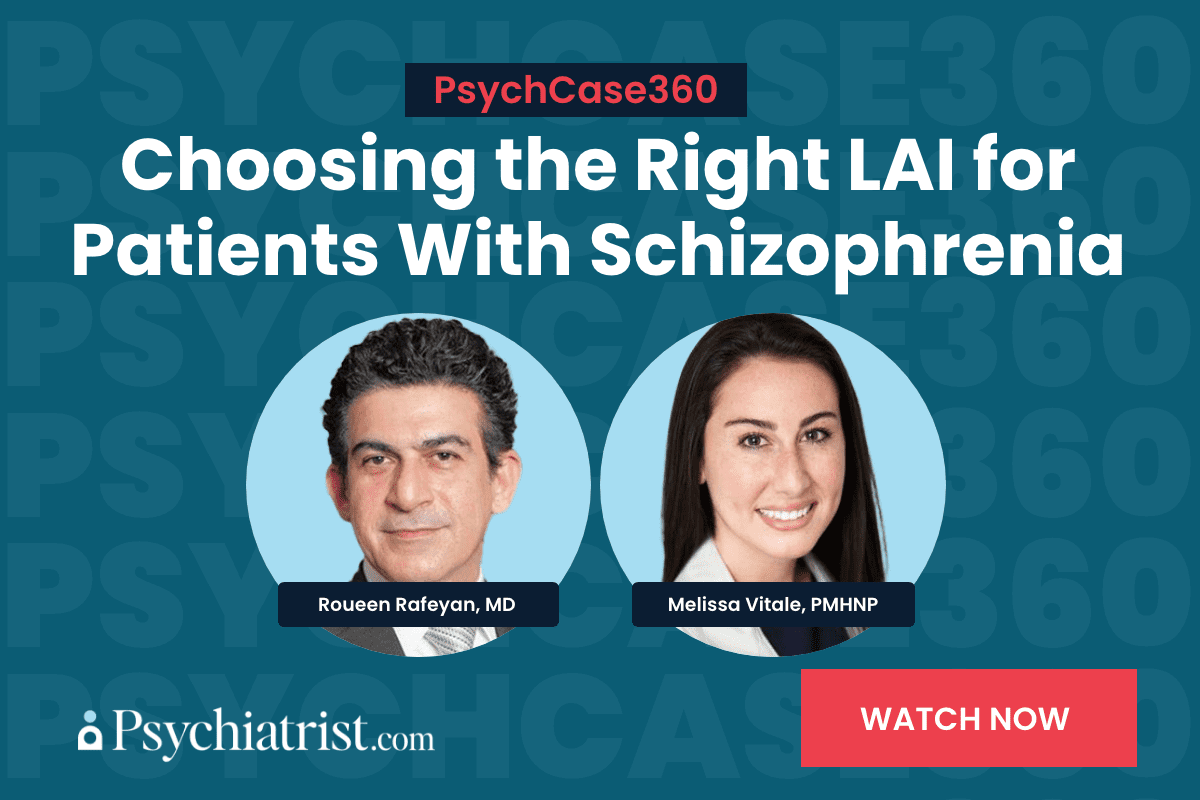A 2020 Gallup update revealed that 5.6% of American adults identify as LGBTQ, reflecting a growing demographic. Additional analysis shows that transgender individuals make up roughly 0.39% of the U.S. adult population. And that number has been steadily climbing.
Despite this, LGBTQ individuals continue to face higher rates of mental health issues. An earlier study showed that LGBTQ individuals remain at greater risk of mental disorders. And the results are startling.
- Suicide attempts are twice as common among lesbian, gay, and bisexual (LGB) individuals.
- Depression, anxiety, and substance abuse are at least 1.5 times more prevalent.
- Lesbian and bisexual women face higher risks of substance dependence.
- Gay and bisexual men suffer an increased risk of suicide attempts.
- Transgender and gender non-conforming individuals exhibit elevated levels of depressive symptoms, suicidality, interpersonal trauma, substance use disorders, anxiety, and general distress.
- And LGBTQ individuals have higher tobacco smoking rates than non-LGBTQ individuals.
Transgender, Gender-Diverse Patients Face Greater Mental Health Challenges
Additional research underscores the significant mental health challenges that transgender and gender-diverse (TGD) individuals face, revealing higher rates of psychiatric disorders compared to their cisgender counterparts. TGD individuals typically experience elevated levels of multiple psychopathologies.
A late 2022 paper – appearing in The Journal of Clinical Psychiatry – addresses the limitations of earlier research that relied on brief, unstructured assessments and focused on limited psychiatric domains. As a result, this novel approach offered a more detailed look at the mental health needs of TGD patients.
The Rhode Island Hospital study analyzed data from 2,212 patients in a partial hospital program (PHP). Among the sample, 69 patients identified as TGD. Researchers found that TGD patients had significantly higher psychiatric comorbidity, with an average of 3.54 diagnoses compared to 3.04 in cisgender patients.
Major depressive disorder (MDD) and generalized anxiety disorder (GAD) emerged as the most common diagnoses across all patient types. But TGD individuals also appeared to be more prone to post-traumatic stress disorder (PTSD) and borderline personality disorder (BPD).
These results align with existing literature that attributes higher psychiatric disorder prevalence in TGD individuals to minority stress experiences, such as systemic discrimination and victimization.
The study highlights the need for psychiatric programs to develop expertise in treating PTSD and BPD, particularly for TGD patients. Creating gender-inclusive treatment facilities that routinely screen for these disorders is critical. In doing so, healthcare providers can better address the unique and complex mental health needs of TGD individuals.
Electroconvulsive Therapy Offers Hope for Treatment-Resistant Mood Disorders
In the realm of treatment-resistant mood disorders, electroconvulsive therapy (ECT) has shown promise. A study conducted by the University of Utah examined ECT outcomes among a cohort that included LGBTQ patients. The study, which reviewed medical records from October 2018 to April 2020, found that LGBTQ patients responded as well to ECT as non-LGBTQ patients, despite a higher prevalence of conditions like PTSD, personality disorders, and substance abuse. This suggests that ECT can be an effective treatment for LGBTQ individuals suffering from severe, treatment-resistant mood disorders.
Overall, while LGBTQ individuals face significant mental health challenges due to discrimination and trauma, treatments like ECT offer a beacon of hope. Healthcare providers must offer timely and equitable access to such treatments to support the mental health needs of the LGBTQ community.
Psychiatry Must Embrace Gender-Affirming Care for Transgender, Gender-Diverse Patients
Up until (relatively) recently, the treatment of transgender and gender-diverse individuals often involved conversion efforts aimed at changing their gender identity to align with cisgender norms.
However, research has shown that such conversion attempts are not only ineffective but damning, boosting the lifetime risk of suicide. As a result, a growing number of professionals have abandoned conversion “science” in favor of a gender-affirming approach backed by available evidence and established ethical methods of care. This strategy validates and supports individuals in their gender identity, resulting in notably better mental health outcomes.
Our research highlights the substantial mental health benefits of gender-affirming care, particularly in adolescence:
- One study revealed a link between gender-affirming hormone therapy in early adolescence with improved mental health in adulthood. It also includes a notable reduction in suicidal ideation compared to those who want but fail to receive such therapy.
- Similarly, research shows that access to gender-affirming surgeries correlates with decreased odds of suicidal ideation and suicide attempts.
- Additionally, our research on pubertal suppression for transgender and gender-diverse youth showed that using gonadotropin-releasing hormone analogs to delay the onset of secondary sex characteristics dramatically reduces the odds of lifetime suicidal ideation.
Collectively, these findings advocate for a shift toward informed consent and patient-led decisions in transgender healthcare.
Historically, psychiatric care for transgender individuals involved extensive mental health assessments that acted as gatekeeping mechanisms. These assessments often questioned the authenticity of a person’s gender identity, erecting barriers to gender-affirming treatments. The modern, gender-affirming model emphasizes informed consent, where individuals receive comprehensive information and support about potential interventions.
Understanding the broader context of gender minority stress remains crucial in providing optimal mental healthcare. Transgender and gender-diverse people face chronic discrimination, victimization, and microaggressions from early childhood through adulthood. This pervasive stigma leads to notable psychological challenges, including depressive and anxiety disorders, post-traumatic stress disorder, and reduced healthcare engagement.
However, the resilience of transgender and gender-diverse individuals often shines through in the face of societal adversity. Promoting that is essential, and community-led research can play a crucial role in addressing the singular needs of these communities.



